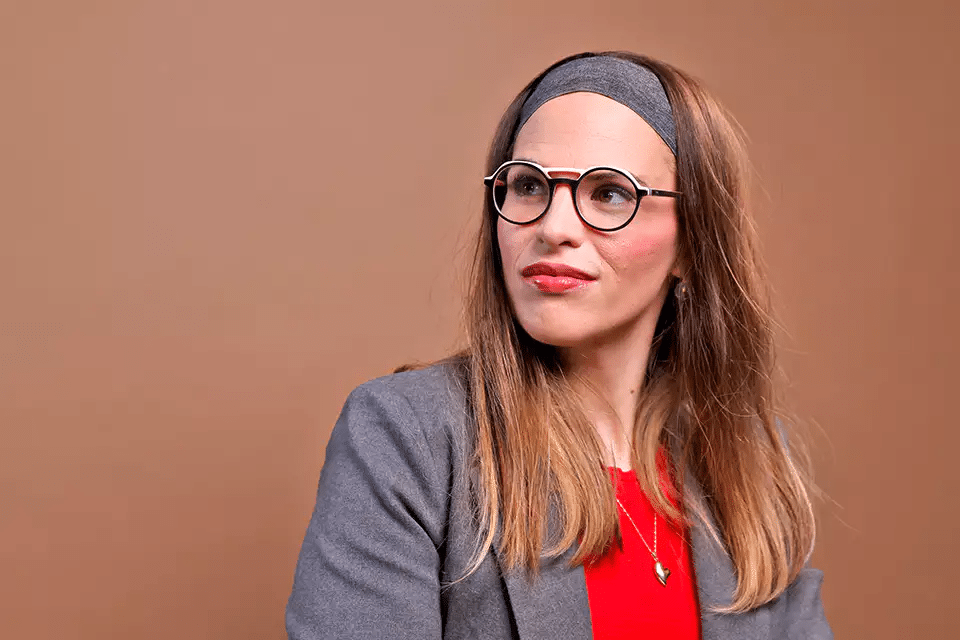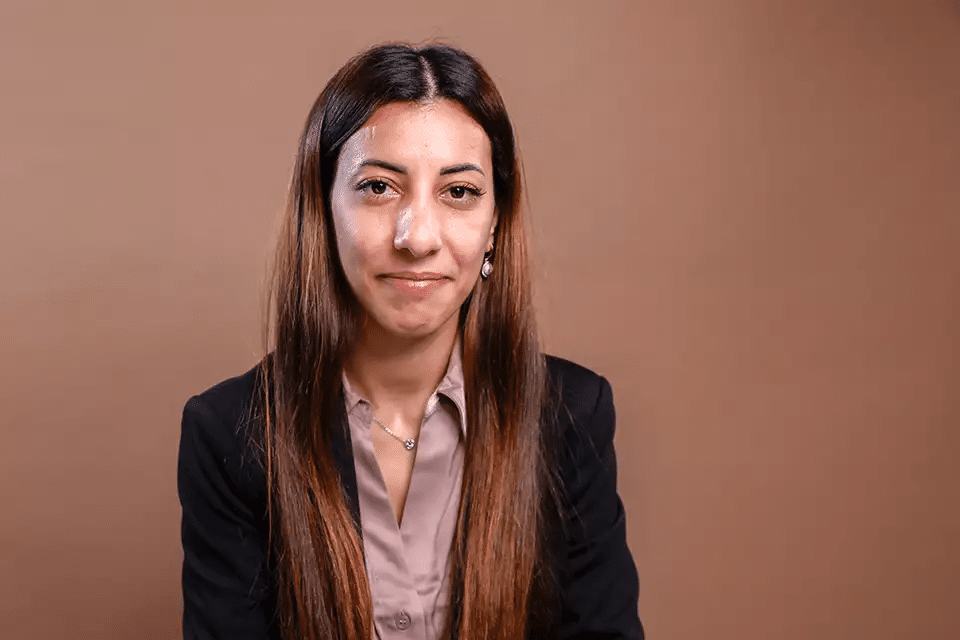Violence against women in Israel crosses all societal boundaries – from affluent neighborhoods to Bedouin communities, from ultra-Orthodox circles to every lifestyle and corner of the country. Some of these women have risen from the darkest depths to prove to themselves and the world that recovery is possible, that love can be found again, and that rebuilding after devastation is within reach.
For 14 months now, beyond its devastating toll, the war has been overshadowing tragic events that would have once led news broadcasts. Violence is escalating, everything is on edge, but public attention is elsewhere.
We must not continue to look away. It's time to shake up the system and give voice to news beyond the war, to address the "routine" tragedies as well.
As Rachel Glogowski, the sister of Maya Glogowski who was killed by her partner shortly after the outbreak of the war, "Many media outlets turned us down, even though this was a story that should have opened broadcasts." For the future, for hope, for all citizens, we must face this struggle together.

Haya Moshe comes from a large ultra-Orthodox family, the seventh of ten siblings. In her childhood, she endured years of sexual abuse by a relative. Last week, Haya got married – an event she describes as a personal triumph.
"The violence started as far back as I can remember until I was 9, and sadly, I was assaulted again in my teenage years. I viewed the world as a place where assault was legitimate and would always happen to me. At 18, after the last assault, doctors discovered a uterine infection that nearly led to a hysterectomy. It was truly divine intervention that they caught it just in time."
Haya describes how the prolonged abuse affected her life: "The impact was devastating. At 18, when I started dating my current husband, everything kept resurfacing. I would experience physical paralysis, unable to move. I attempted suicide several times because I couldn't bear the pain anymore. At 21, I decided to confront my abuser, who was a family member. During our conversation, he just called me mentally ill and denied everything. He insisted I needed hospitalization because I was a danger to others. This pushed me into such a severe emotional state that I ended up in the emergency room. To this day, I'm grateful for that breakdown – it saved my life!
"At that point, I decided to distance myself from everyone and heal on my own. I realized I either had to take control of my life or lose it entirely. That moment changed everything, and I began a genuine healing journey. I learned that with the right tools, you can overcome any hardship or challenge in life. Last week, I got married. My parents, with whom I reconnected about six months ago, attended the wedding. My greatest victory is that I managed to marry and build the healthiest relationship possible. That's my message: no matter what you've been through in life, you can move forward and succeed."

As an ultra-Orthodox woman, Racheli experienced a form of abuse that many aren't familiar with – spiritual abuse, where religious practices and scripture are weaponized against women and their wellbeing. "It's essentially taking the commandments and rules we know and using them against you," Racheli explains. "For instance, ritual immersion – a woman who doesn't immerse is considered rebellious and risks losing her marriage settlement, and every woman fears being labeled rebellious.
"They demand obedience citing the scripture 'And you shall do according to all that they instruct you.' They tell you that you don't understand enough about raising children. 'We understand more than you,' his rabbi told me when I was in the shelter. Forcing you to clean for Passover and getting angry if you haven't cleaned or refused to clean what he decided – that's spiritual abuse. Not letting you and the children sit on the couch during the Sabbath meal is spiritual abuse. Interfering with how many times you and your children wash your hands ritually and mocking that you follow your mother's practice rather than his two-time washing – that's spiritual abuse. His religious leader told me it would have been better if I had gone to a mental institution rather than a 'defiled' shelter. Sabbaths and holidays are the most difficult times for a woman suffering from abuse. You know the children will cry at some point. You need to protect them, constantly staying on high alert."
When asked about her escape, Leiter describes her escape, "I was rescued by police thanks to the quick thinking of a civilian who heard an outburst and understood my distress. Initially, he managed to turn even my family against me, convincing them I was unstable. During Passover, while I was in the shelter, he was a guest at my parents' home. I want to tell every woman who doesn't know how much good awaits her: It takes tremendous strength, it's not easy. But life is beautiful, and I'm sure seeing me fight gives others strength. Who wouldn't want to soar through life, seeing that you can escape this and remain strong and sane?!"

"I was born into the Bedouin community. I was born into a world of violence, constantly witnessing emotional, financial, and physical abuse against women and children by men. I experienced my father's violence toward my mother. Every family knew this was normal and acceptable. I remember as a child how every time he would hit her, I would step in to protect her, and then the violence would reach my body – like a belt that would strike me too, or shoes he would throw at her that would hit me instead. This is how they taught young children that this was a woman's reality.
"I ran away from my family at 13. One day, my mother was cooking when my father came in and started beating her. My soul stopped functioning. My body froze in fear. I watched my mother, her face bleeding, her clothes torn. I was crying, in shock. Then my father left the house as if nothing had happened. Mother tried to escape to her family, and I followed her. When my mother reached my grandmother's house, grandmother started tending to her. Then I heard knocks on the door. It was my mother's brothers. They told her: 'Take yourself and your children and return to your husband.' That day, I was traumatized. I looked at my grandmother and realized she was afraid of them too. That's when it hit me that I had no one in the world except myself. From then on, I chose to work and save money until I managed to escape alone. I moved to boarding schools – it wasn't easy, but it was better than the home I lived in. At least I could lay my head on a pillow without fear."
Shahada married a Christian man. She is now in divorce proceedings after escaping the violent relationship. "I moved to a women's shelter with two infants, without a penny and without family. Today, I give lectures with the Michal Sela Forum [an NGO that works to save lives and prevent violence against women through innovation and technology]. I've written a book that's about to be published. My message is that you can break free from the cycle of violence, just not alone. You must seek help. If I succeeded, any woman can."

"There were no warning signs that the worst would happen," says Rachel. "But from the beginning, I didn't think he was right for her, whether in appearance or behavior, and his background too. Even after meeting him, I told her he wasn't suitable. He wasn't at her level. But I didn't try to stop it because I didn't want her to be angry with me. I just talked to her and said I didn't think he was right for her, but she thought she could mold him and elevate him to her level because she always saw the good in people."
Rachel recalls that her daughter, Maya, told her that night she was going to break up with him. "She left the house saying she'd be back in two hours. I called her, but she didn't answer. At 11 p.m., three police officers arrived and asked to come up. When they came in, they informed me she had been killed."




